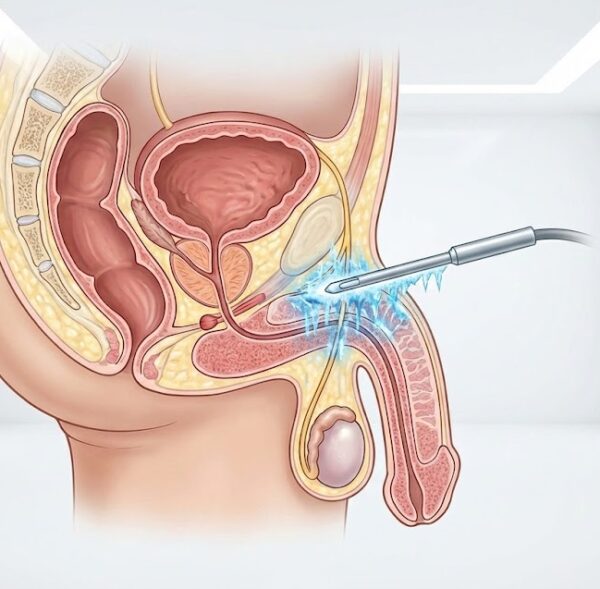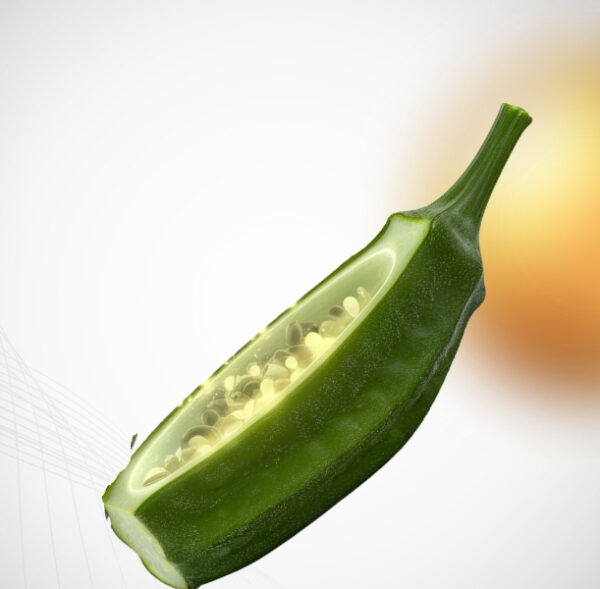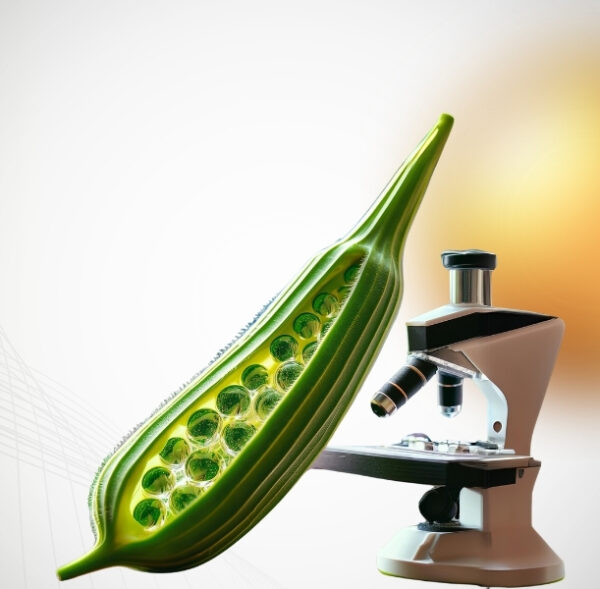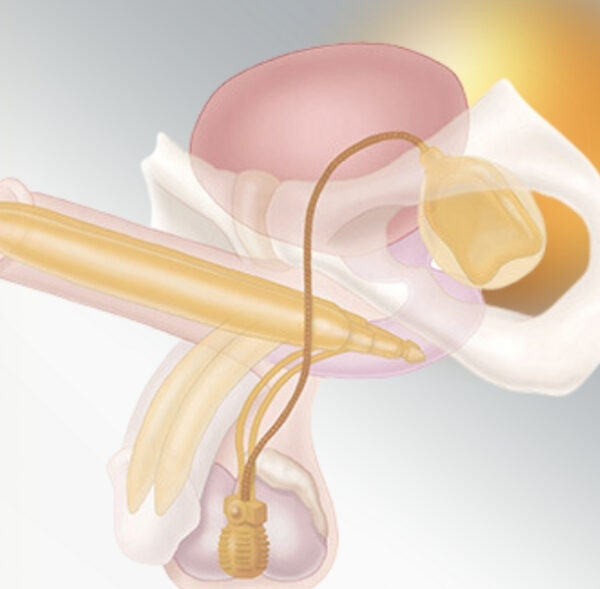Type Of Anesthesia
Processing Time
Discharge Time
Activity Start
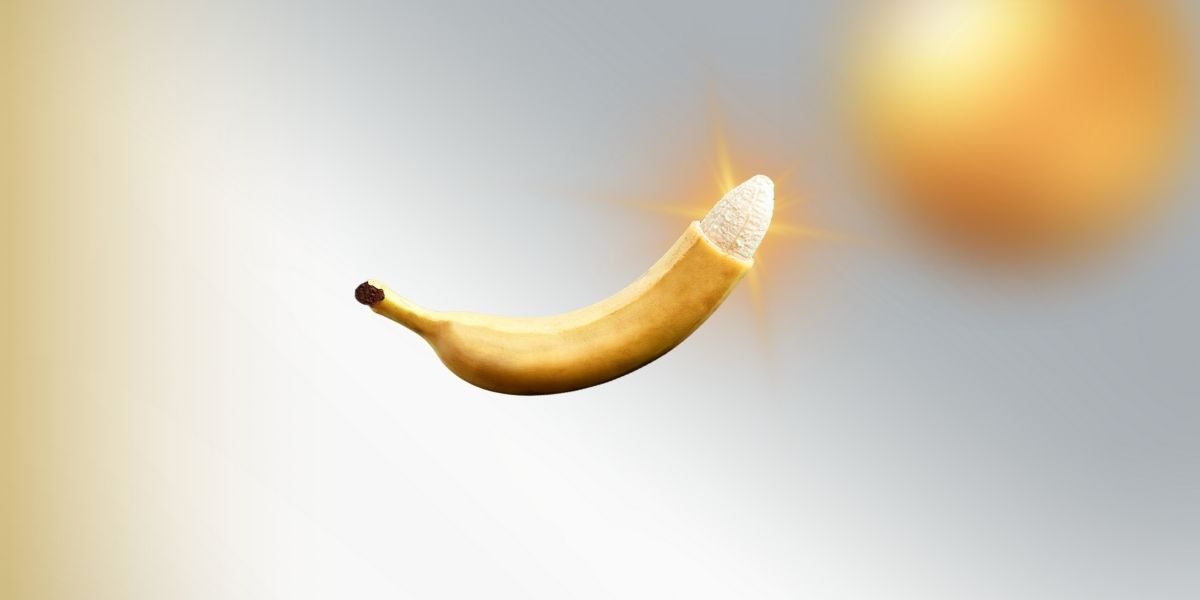
Infertility / Microscopic Varicoselectomy
Circumcision is the surgical removal of the skin at the tip of the penile to expose the glans penile. This procedure provides both aesthetic and hygienic benefits. It allows for easier cleaning of the area and reduces the risk of urinary tract infections.
Benefits of Circumcision
- Provides protection against urinary tract infections.
- Offers protection against penile cancer and sexually transmitted diseases.
- Contributes to better sexual hygiene.
Risks and Complications of Circumcision
Unskilled or improperly conducted circumcision can lead to serious injuries and complications. Risks include excessive bleeding, infections, and aesthetic issues resulting from surgical errors. Therefore, circumcision should always be performed by a qualified surgeon, under sterile conditions, and with appropriate anesthesia.
Adult Circumcision and Special Cases
Circumcision can also be performed during adulthood or based on specific medical requirements. In such cases, the procedure should be carried out by a skilled surgeon and in accordance with established medical protocols.
Conclusion
In summary, circumcision is not only a cultural and religious practice but also an important health procedure. A thorough evaluation should be conducted before any circumcision, considering the health status and psychological readiness of the individual, whether a child or an adult.
FAQ
What is circumcision and how is it performed?
Circumcision is the surgical removal of the skin at the tip of the penile to expose the glans penile. This procedure is typically performed by a qualified surgeon in a sterile environment with appropriate anesthesia.
What are the benefits of circumcision?
The health benefits of circumcision include:
- Protection against urinary tract infections.
- Protection against penile cancer and sexually transmitted diseases.
- Improved hygiene by facilitating easier cleaning of the penile.
What are the potential complications during and after circumcision?
Potential complications of circumcision include:
- Excessive bleeding
- Infections
- Aesthetic issues due to surgical errors
- Urethral stricture
- Penile curvature and other physiological issues
In which situations is circumcision recommended?
Circumcision is generally performed for religious and cultural reasons but can also be recommended for individuals prone to urinary tract infections or based on other medical needs.
When should circumcision be performed?
Circumcision is usually recommended shortly after birth or between the ages of 2-6, considering the child’s health and psychological readiness. However, it can also be performed during adulthood based on special circumstances or medical needs.


